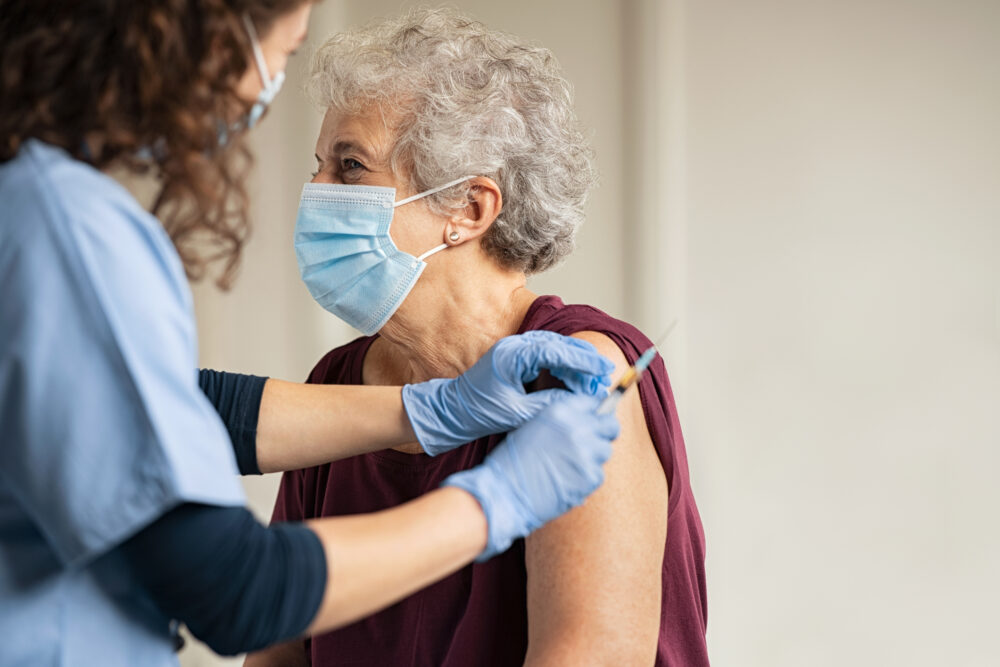
Over 43% of the UK population is now fully vaccinated against COVID-19 but with still a vast number of the population to go, we thought we’d give you a reminder on a few things you should know before, during and after your COVID vaccination.
Before your vaccination
Do your research and ask questions. Unfortunately, there is a lot of misinformation about COVID-19 and the vaccinations. This is why it’s so important to check your information comes from trusted sources such as WHO or UNICEF. If you have any questions or concerns, we greatly encourage you to speak to your doctor or a qualified health worker.
Make sure you prepare for a safe and efficient visit to the vaccination centre. This includes bringing a facemask (unless you’re medically exempt), hand sanitiser, your booking reference number (if your appointment is at a vaccination centre), and a travel plan detailing how you will get to and from the appointment.
We would also advise wearing clothing that makes your arm easily accessible such as a t-shirt or a loose fitting top.
During your vaccination
The best advice we can give you is to follow instructions. Every vaccination centre should be well sign-posted with somebody available to answer any questions you may have. It’s also important that you keep your mask on at all times (and you don’t touch it once it’s on); keep socially distanced from others; wash your hands after touching anything – and don’t touch your face.
What happens at the vaccination appointment?
The appointment will last for around 30 – 45 minutes and you’ll be asked about your medical history.
Regardless of which vaccine you have, they’re all given in the same way – an injection into the muscle in your upper arm. It’s a small prick that could save your life.
If you’re particularly nervous about the injection, remember to take slow deep breaths and look away from the needle if it causes you any discomfort.
After the vaccination
After the vaccine is complete, you may be asked to wait for 15 minutes, in the unlikely event you have a serious reaction to the vaccine.
Severe side effects are very rare, but could include:
- Itching
- Fainting
- Vomiting
- Severe allergic reaction
- Wheezing, difficulties in breathing or shortness of breath.
The team is trained to deal with reactions and treat them immediately.
You’ll also be provided with a leaflet with more information about what you can expect after your vaccination, including minor side effects which can include chills or mild fever, tiredness, headaches, some pain on the injected arm and joint pain or muscle ache.
Finally, make sure you continue to follow government guidance even if you are vaccinated – you may be able to carry and therefore transmit the virus.
Best of luck! Your vaccination helps to ease the detrimental effects of the COVID-19 pandemic.